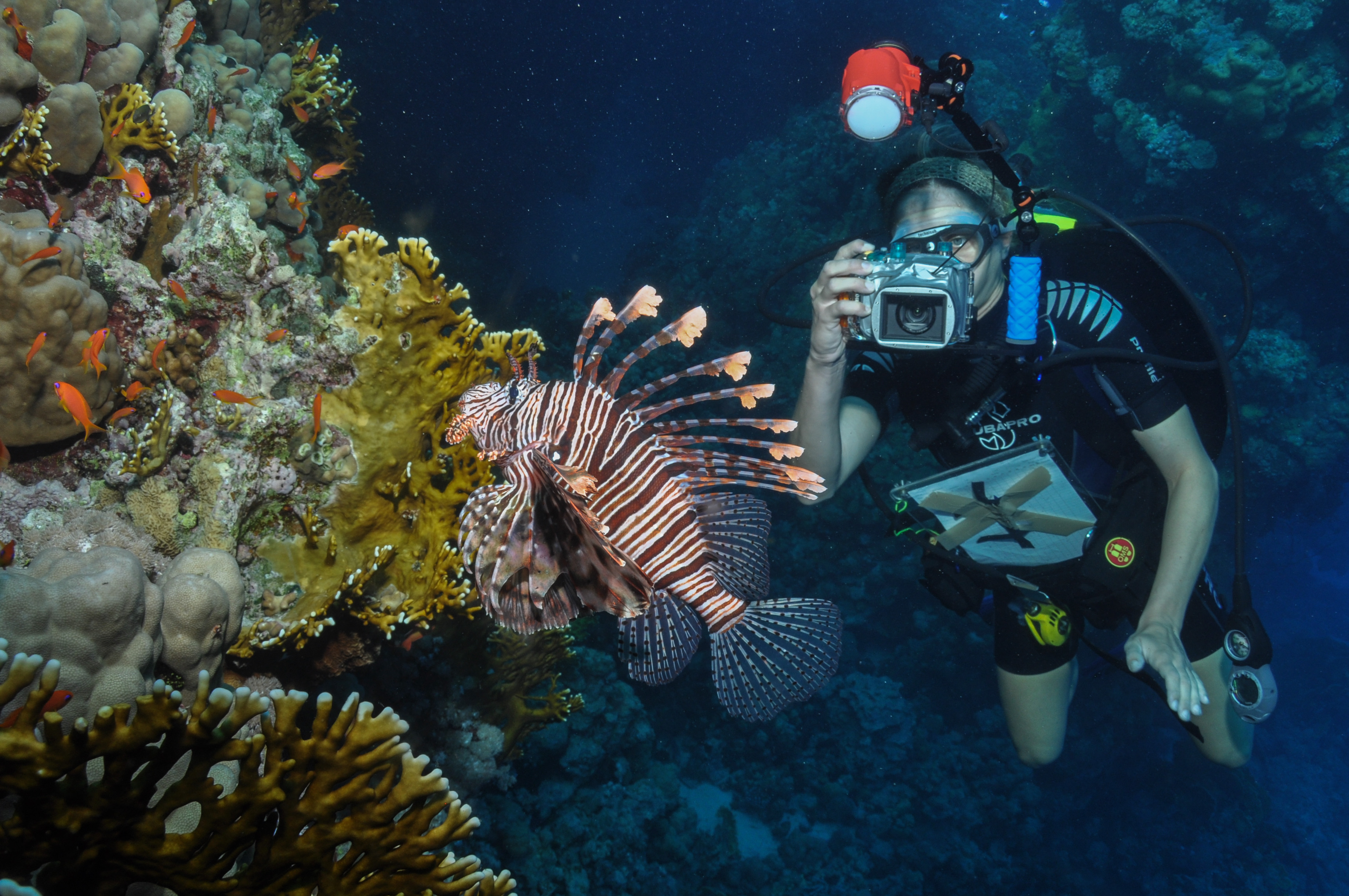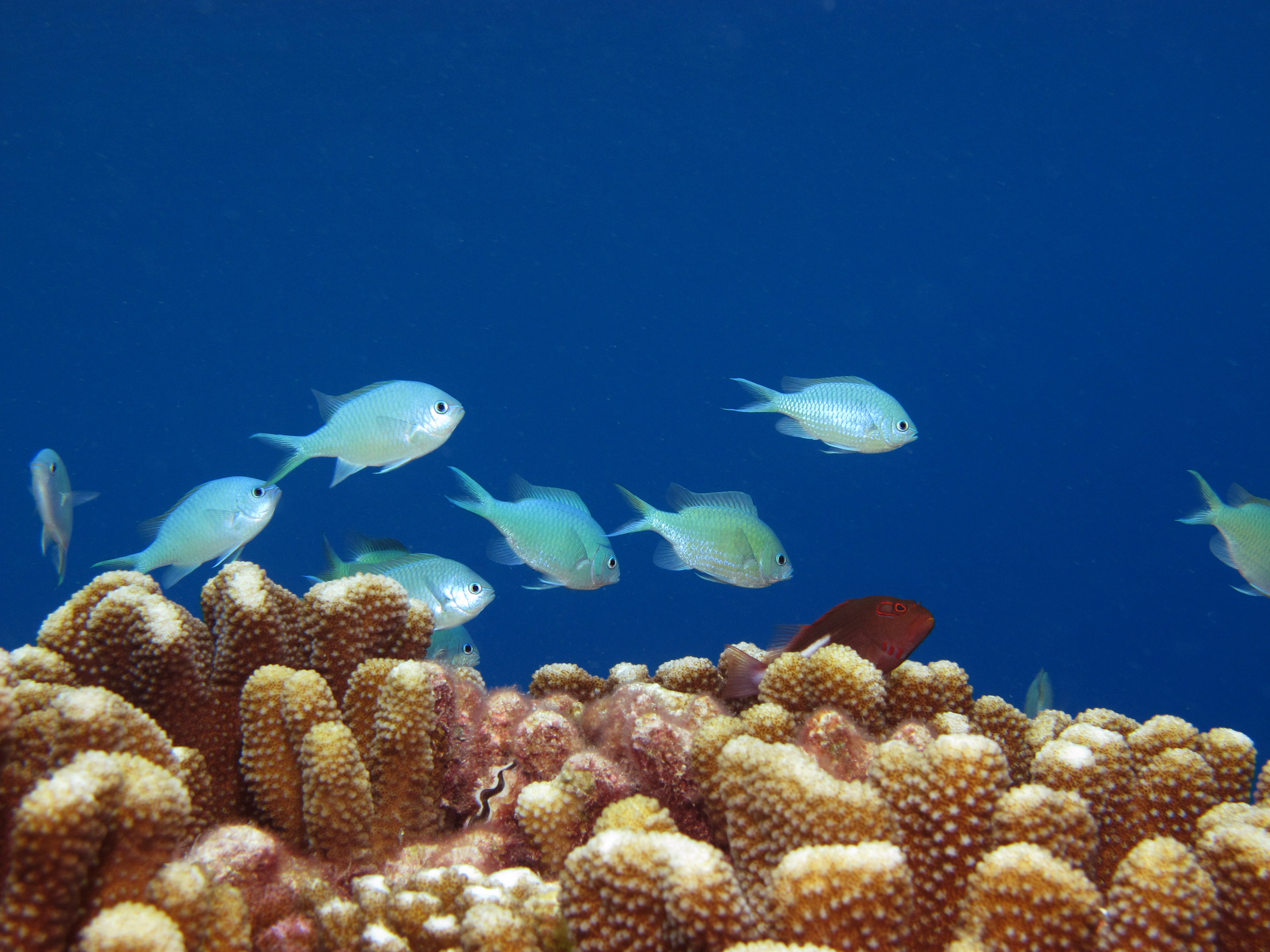
Tasmanian researchers and citizen scientists today launched one of the world’s most comprehensive and useful field guides to global marine species.
Reef Species of the World uses information and images collected by divers taking part in Reef Life Survey’s citizen science dives during more than 8,600 underwater surveys at locations from the Arctic Circle to Antarctica, around all continents and in all ocean basins.
Located in the Reef Life Survey website (www.reeflifesurvey.com), the database provides information and underwater images for more than 4,400 species of fish and invertebrates found across the world’s shallow seas.
Each species has its own page with high-quality underwater images of the different variations in appearance, a map of all the locations around the world that the species has previously been recorded, and other useful information such as how rare the species is.
 Reef Life Survey Executive Officer and IMAS researcher Dr Rick Stuart-Smith said the new tool would be invaluable for marine enthusiasts, aquarists, students and anyone who wants to identify what they see in their day-to-day experiences with the ocean.
Reef Life Survey Executive Officer and IMAS researcher Dr Rick Stuart-Smith said the new tool would be invaluable for marine enthusiasts, aquarists, students and anyone who wants to identify what they see in their day-to-day experiences with the ocean.
“This is a unique one-stop shop for information on reef life from all corners of the globe,” Dr Stuart-Smith said.
“Users simply have to draw a box on the general area of the map on the search page, and see the species they’ll encounter while snorkelling or diving.
“They can even select a few similar species to compare side-by-side.
Dr Stuart-Smith said Reef Species of the World had been many years in the making and is the result of an extraordinary number of volunteer hours spent doing dive surveys and taking photos, entering data, and populating individual species pages with images and details.
“As the Reef Live Survey database continues to expand through the future, Reef Species of the World will continue to grow with it – with new species, new images, more distribution data and increasing coverage of new locations always in the pipeline.”
Reef Life Survey was established in 2008 by researchers at the University of Tasmania and has grown into an incredibly successful citizen science initiative with international teams and global scope.
The information collected by Reef life Survey SCUBA divers around Australia and overseas has contributed to cutting-edge marine science, including research that has won a Eureka Award (for Environmental Science in 2014) and has been published in four articles in Nature (and many more in other high-ranking scientific journals) in the last few years.
The Reef Life Survey Foundation database and website have been supported by The Ian Potter Foundation and the Institute for Marine and Antarctic Studies.